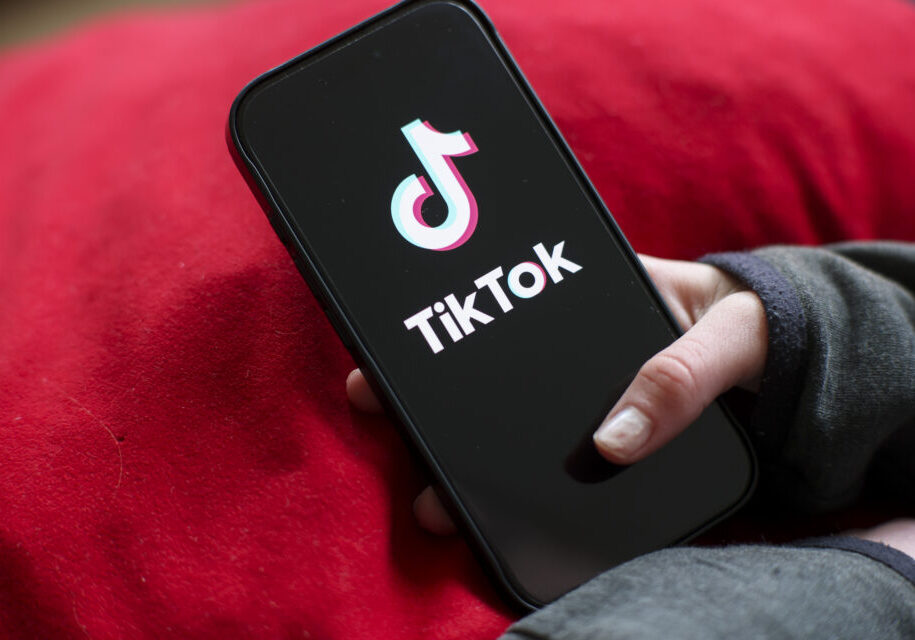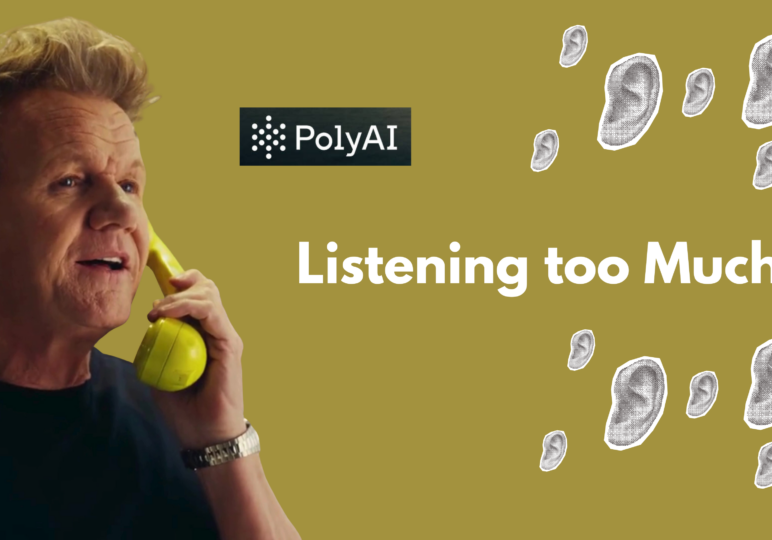
What kind of content marketing do B2B readers really care about?
In the complex world of B2B content marketing, where conversion paths can be as intricate and extended as a classic rock epic, content marketing shines as the lead guitar guiding leads through the marketing funnel. It transcends mere lead generation—it aims to hook prospects through a comprehensive decision-making process that demands patience and strategic finesse.
The real hurdle in B2B marketing is engaging a discerning audience. It involves not only capturing their attention but also continuously dazzling them with content that meets the sophisticated needs of business buyers.
Rest assured, savvy marketer, you have the tools needed to master this landscape. Think of this as your guide, aimed at breaking down B2B interactions and ensuring your content marketing strategies achieve their desired outcomes.
Defining B2B content marketing
First off, recognising the distinction between B2B and B2C content marketing is paramount.
While B2C focuses on appealing to the consumer’s emotions and personal desires, B2B content marketing must address the logical, informed decision-making process of business buyers. This draws a parallel where B2C marketing is seen as transactional whereas B2B marketing is viewed through the lens of relationship-building.
Knowing the difference between these two groups is foundational because it helps marketers to tailor their strategies effectively, reeling in the right audience and fostering meaningful connections with them.
Crafting your comprehensive content arsenal
In the garden of B2B marketing, content isn’t just the soil–it’s the variety of seeds, meticulously sown to bloom into engagement and conversion with your professional audience.
Your content marketing suite needs a variety of content types, each serving an essential role. They work together to engage and lead potential clients through every stage of the buyer’s journey—from awareness to conversion.
To effectively cater to the myriad touchpoints of this journey, consider enriching your content portfolio with a range of dynamic collateral:
- Blog Posts and Articles: These versatile pieces are foundational and often the first type of content a lead will encounter. They should address industry challenges, offer insightful solutions, and position your brand as a beacon of thought leadership.
- White Papers and Ebooks: Craft these detailed documents to thoroughly explore complex topics, supported by compelling data, rigorous research, and actionable insights, offering deep value to those seeking substantial information.
- Case Studies: These are crucial for leads in the late stages of the buyer’s journey. Case studies serve as your evidence of success, illustrating how your solutions have effectively addressed real-world problems, leading to measurable results for clients.
- Videos and Webinars: Utilise these dynamic formats to create a direct connection with your audience, delivering valuable insights and information in an interactive and easily digestible manner.
- Templates and Tools: By offering practical resources that your audience can immediately apply, you provide concrete value, fostering goodwill and positioning your brand as a helpful partner in their professional journey.
Keep in mind that timing is everything. You need to share your content at just the right times in the buyer’s journey. This helps you catch the attention of your B2B audience, give them the information they need, and convince them to choose your service or product.
Subscribe to our bi-weekly newsletter
Get the latest trends, insights, and strategies delivered straight to your inbox.
SEO must take the lead
In the digital world, being seen is everything. If you’re invisible to Google and other leading search engines, you’re invisible to potential clients. Google reports that a staggering 89% of B2B professionals rely on the internet as part of their research process in business-to-business transactions.
SEO (search engine optimisation) is crucial and far more than a buzzword–it’s the backbone of a B2B brand’s online visibility. It’s all about mastering the art of mixing engaging content, strategic keyword selection, and authoritative link building to lift your brand’s website in search results.
Still unconvinced that SEO matters? A DataBox survey revealed that 70% of B2B marketers identified SEO, not PPC, as their top sales-driving channel.
SEO is like your behind-the-scenes wingman, skillfully guiding the right audience your way. It’s not just about showing up; it’s about shining bright in a crowded marketplace.
The Power of strategic promotion
Consider this scenario: a blog post is published, but no one is around to read it. Does it make an impact? The clear answer is no. Creating content is just the starting point; promoting it is what truly brings it to life.
For B2B audiences, the value lies not just in any promotional channel but specifically in those they frequent and trust. Professional social platform LinkedIn, email, and industry publications are your best digital loudspeakers. They cut through the clutter to connect with those who are actively seeking the insights you provide.
- LinkedIn for B2B Leads: It’s the go-to for B2B lead gen, with 40% of marketers saying it’s their best source for finding quality leads, thanks to its targeted search and filters.
- Email Marketing Efficiency: Email marketing is highly favoured, with 77% of B2B buyers preferring email over other channels. Furthermore, 81% of B2B marketers use email newsletters as their primary content distribution method in another survey, emphasizing its effectiveness for broad reach and targeted engagement.
- Trade Publications for Visibility: Serving as the primary discovery channel for 60% of buyers, trade and industry publications, through both print and online ads, offer an unmatched platform for suppliers to boost brand visibility and awareness.
By smartly using LinkedIn’s professional network, email’s personalised touch, and the tailored audience of industry publications, you not only make sure your content gets noticed but also establish it as a key source of knowledge and expertise.
Cut to the chase
The key to effective B2B content marketing lies in a profound understanding of your audience’s needs, focusing on content that tackles their professional hurdles and goals. Become indispensable by providing insightful information that supports potential clients as they navigate their decision-making. Prioritize innovation, creativity, and pertinence in your content.
Remember, in B2B marketing, content isn’t just part of the strategy—it’s the core. With this mindset, step forward boldly and make an impact.

